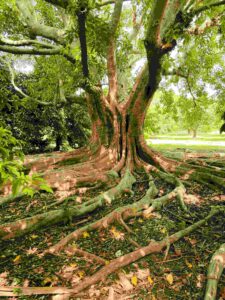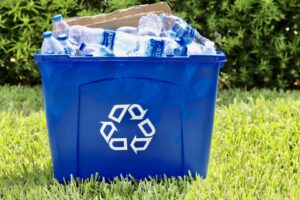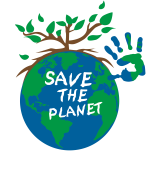Reuse is generally defined as the “use of a product more than once in its same form for the same or similar purpose. Reusing an item several times before repurposing or recycling it prevents waste by allowing the value of the product to stay intact with little extra resources. Reusing an item means that it continues to be a valuable, useful, and a productive item, replacing the need for new items that would utilize more water, energy, timber, petroleum, and other limited natural resources in their manufacture.
The sustained growth in reuse efforts, as well as the sustained interest of the reuse industry, comes from the solid waste reduction hierarchy: Reduce, Reuse, then Recycle. Reuse is near the top of the hierarchy; however, it seldom receives the attention that recycling does. Why? It is best to reduce first, reuse as a second option, then to resort to recycling.
Some easy-to-reuse items include containers and packaging materials such as milk jugs, coffee cans, bags and boxes. Some things are easier to reuse than others. By reusing packaging and other items, we can reduce our waste and save money and resources by avoiding buying something new.
Reusers also keep materials out the waste stream by passing the goods they collect on to others. The best way to stop trash is to stop buying and using products that are not durable, reusable, or repairable. Reducing waste is easy if you follow some of the tips below.
Reduce Your Packaging Purchases
Avoiding products wrapped excessively in plastic or packaged in boxes and bags is a good way to generate less waste. This will also save energy and natural resources.
- Avoid packaging when possible. Use your own reusable bag or container.
- Avoid single-use cleaning products.
- Buy large economy-sized products instead of individually wrapped items. For food, buy the largest size you can use before spoiling.
- Buy items in bulk, in concentrate, or in refillable packages.
Reuse Bags, Containers, and Other Items
- Bring your reusable shopping bag to the grocery store and beyond. If you do have single-use bags, use them again and again…
- Bring a reusable mug to the coffee shop.
- Pack lunches in a reusable bag with reusable food and drink containers.
- Reuse containers and other materials for storage and crafts.
- Reuse single-sided printed pages for scratch paper.
- Find new homes for clothing and linens, or use them for rags, patchwork, and other projects.
Borrow, Rent, and Share!
Many of us have tools and other items that we don’t use on a regular basis. Consider sharing them with your neighbors and friends. Renting is also a great option. Good candidates include:
- Power tools, ladders, garden tillers
- Boats and other outdoor equipment
- Formal wear
- Party decorations and supplies (tables etc.)
- Audiovisual equipment
You can start reusing right now. All it takes is a little extra thought!
From now on, before you buy something, ask yourself “Do I have to buy this new? Could I buy it from a local resale shop? Better yet, can I repair what I am replacing, or do I already have something at home that could serve the same purpose?” You’ll be surprised how often reuse is an easy option. Likewise, before discarding something, think of the potential for its reuse, either by yourself or others. Give, donate, or sell it if you cannot use it. There are all sorts of ways to let others get value out of your good old stuff.



